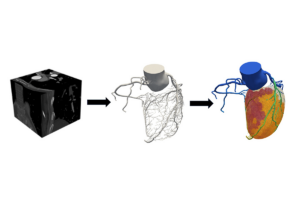EVENT: University of Texas at Austin Professor Rosental Alves will address the United Nations General Assembly as part of the International Day to End Impunity for Crimes Against Journalists, organized by the United Nations Educational, Scientific and Cultural Organization (UNESCO).
WHEN: 1:15-2:45 p.m. EST, Monday, Nov. 2.
WHERE: ECOSOC Chamber at the U.N. Headquarters in New York City.
WHO MAY ATTEND: The public will be able to follow a webcast live on the U.N. Web TV. Anyone can stream the assembly live here.
BACKGROUND: Alves, professor in the Moody College of Communication School of Journalism, will be a presenter and moderator in the panel discussion “Ending impunity for crimes against journalists: Putting resolutions into practice.” He will present the main findings of the new UNESCO World Trends Report that will be officially announced Monday in Paris. He will also discuss his initiatives to further rights for journalists in Latin America through the Knight Center for Journalism in the Americas.
The initiatives of the Knight Center include a partnership with UNESCO and the supreme courts of most countries in Latin America to conduct massive open online courses (MOOCs) to train thousands of judges on the international legal framework of freedom of expression and protection of journalists.
UNESCO’s Office of the Special Rapporteur on Freedom of Expression of the Inter American Commission on Human Rights and the Knight Center started the MOOC on Oct. 26. Approximately 1,300 judges and other operators of the judicial systems of all countries of Latin America except Cuba are registered in this course.
Previously, two online courses were offered for Mexican judges. One at the national level, supported by the Mexican Supreme Court, reached almost 1,000 judges and other jurists, and the other at the local level reached almost 400 people in the state of Coahuila, in northern Mexico.
“Impunity has been the fuel for the endemic problem of violence against journalists around the world, and the international community should work together to change this situation,” Alves said. “This event provides the opportunity for the international community to focus public attention on the importance of ensuring safety and justice for journalists.”
According to UNESCO, 700 journalists worldwide have been killed for reporting the news during the past decade — averaging one death every week. In nine out of 10 cases, the killers remain unpunished.
For more information visit http://www.unesco.org



